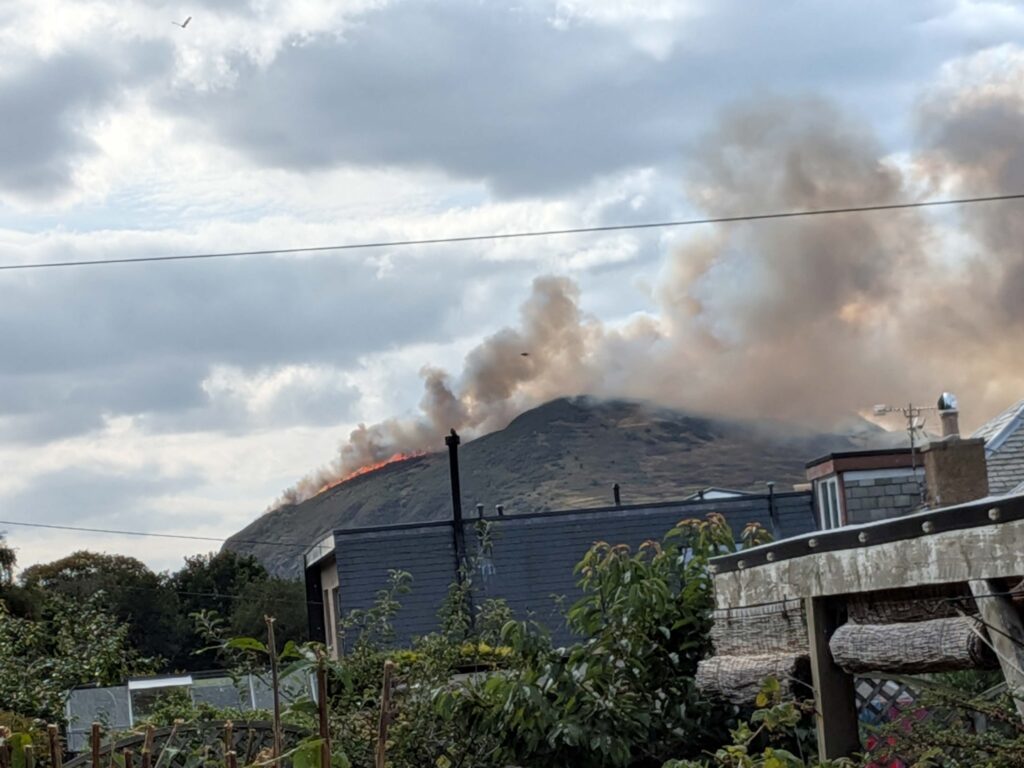By Gemma Fraser
Head of content
Police and fire chiefs have warned they will take a ‘zero tolerance’ approach to wilful fire-raising as new figures show a rise in deliberate building and vehicle blazes.
In the last quarter of 2024/25, there were 226 deliberate building fires and 185 deliberate vehicle fires – up 15 per cent and 21 per cent on the same period the previous year, according to new figures.
Emergency services have warned of the devastating consequences of such fires and have vowed to work together to bring those responsible to justice.
The Scottish Fire and Rescue Service (SFRS) attended more than 30 deliberate fires a day across Scotland last summer during just three months, while the number of wildfires attended so far this year is far higher than any previous year.
Assistant Chief Officer Jon Henderson, SFRS director of prevention, protection and preparedness, said: “If our crews are putting out more than 30 deliberate fires a day during summer then that’s time that could be spent elsewhere dealing with genuine emergencies.
“Deliberate fire-setting, whether it’s affecting a derelict building or woodland, is a crime and it can have a serious impact on local communities, as well as the potential for someone to get badly hurt or worse.
“We want those responsible to understand that getting involved in this type of behaviour can also impact negatively on your future.
“We’ll continue to take a zero-tolerance approach and will work with our police partners to identify those responsible.”
Police Scotland Superintendent Joanne McEwan told 1919: “Deliberately setting fires is not only reckless and criminal, but it also places lives at risk. Fires spread quickly and unpredictably, and the results can be devastating.
“What may be seen by some as a thoughtless act of vandalism can have devastating consequences for families, businesses and communities.
“We work closely with Scottish Fire and Rescue Service and partner agencies to establish any patterns, identify those responsible and provide reassurance.
“We would continue to ask for the support of the public in tackling this issue. If you see suspicious activity around vehicles, buildings, waste ground, please report it.”
The Scottish Fire and Rescue Service is in the middle of a public consultation looking at 23 change options, including the closure of up to 13 stations, the withdrawal of 10 appliances, and new arrangements for night and weekend cover.

